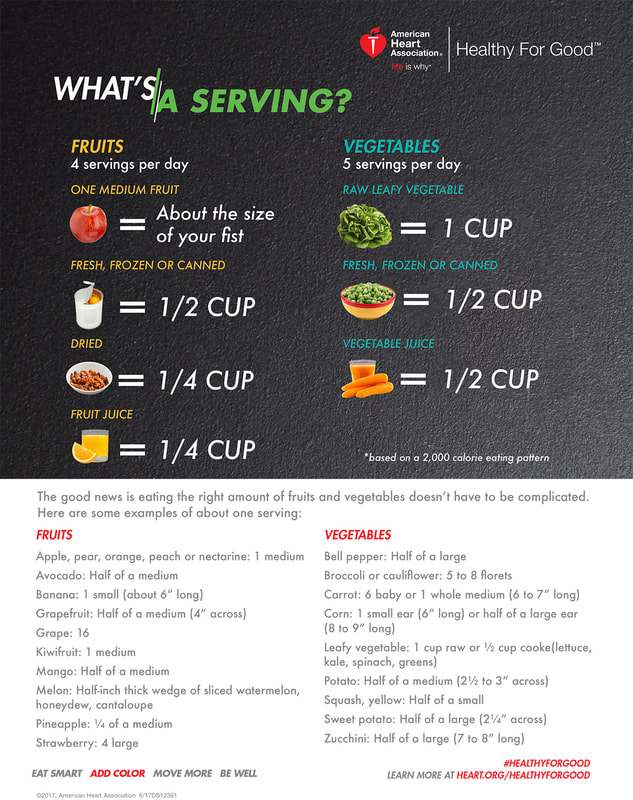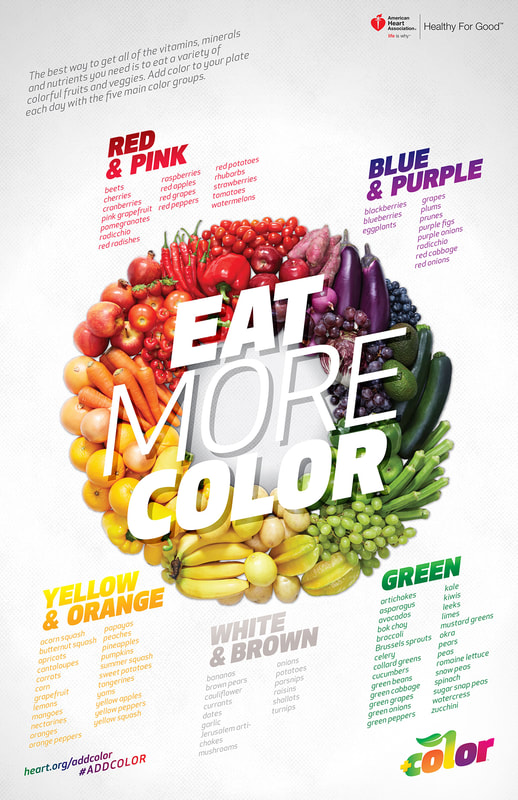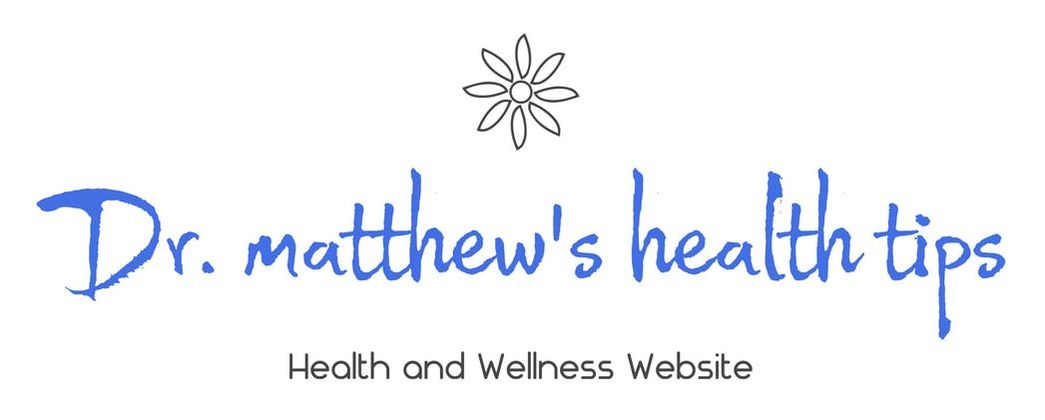|
My name is Dr. J. L. Matthew and I'm your chief flight attendant, on behalf of the captain and the entire crew, WELCOME ABOARD, "Dr. Matthew's Health Tips" Airlines, with non-stop service to... "A Healthier Lifestyle". This video is intended to promote health in a fun way. It is my hope that it is both entertaining and informative. Remember, Your Health is Invaluable! Dr. J. Lawarna Matthew
0 Comments
Technically speaking, a Fruit is a seed-bearing structure that develops from the ovary of a flowering plant, whereas vegetable refers to the edible parts of the plant, such as roots, leaves and stems. Fruits and vegetables are an important part of a healthy diet. They are good sources of fiber and are packed with lots of vitamins, minerals and phytonutrients. Eating lots of fruits and vegetables has many benefits including maintaining a healthy weight and reducing the risk of many diseases. Adults should aim to have at least 5 portions of a variety of fruit and vegetables each day.
The World Health Organization has estimated that roughly 3.9 million deaths worldwide were attributable to inadequate fruit and vegetable consumption in 2017. Foods that contain lots of salt, sugar and fat, often taste good, are addictive, are cheap and are easily available. However, these foods are high in calories and are low in nutrients, and they often cause numerous health problems. Additionally, many persons choose not to eat as much fruits and vegetables, because some are not as tasty, some are more costly and they may be less available. Nonetheless, in order to achieve optimal health, it is critical that we strive to make healthier choices. NUTRIENTS Fruits and vegetables contain different kinds of vitamins and minerals including:
BENEFITS OF FRUITS AND VEGETABLES Cardiovascular Health and Diabetes There is persuasive evidence that a diet rich in fruits and vegetables can reduce the risk of a heart attack and stroke, and can even help to lower blood pressure and blood sugar. Green leafy vegetables are likely to contribute more to this. Cancer A report by the World Cancer Research Fund and the American Institute for Cancer Research suggests that there may be a strong link between eating fruits and vegetables and protection against cancer. Weight Control Eating lots of fruit and vegetables can help to maintain a healthy weight, because they are naturally low in calories and fat. Gastrointestinal (Digestive) health Fruits and vegetables contain indigestible fiber, which absorbs water and expands as they pass through the digestive system. This can activate regular bowel movements, which can relieve and/or prevent constipation. Vision Eating fruits and vegetables can keep your eyes healthy, and may help prevent common age-related eye diseases such as cataracts, which affects many elderly persons. Tip#1: Food Portions
Tip#2: Selection
Tip#3: Types
Tip#4: Breakfast Add fruits and vegetables to your breakfast.
Tip#5: Lunch/Dinner Add more fruits and vegetables to your lunch or dinner.
Tip#6: Snack Have more fruits as snacks.
Tip#7: Preparation
I hope these tips on Fruits and Vegetables were helpful; Remember, Your Health is Invaluable. By Dr. J. Lawarna Matthew Acknowledgments American Heart Association http://www.heart.org/HEARTORG/HealthyLiving/HealthyEating/Nutrition/Fruits-and-Vegetables_UCM_461143_Article.jsp#.XFybX4UmbQz Harvard T. H. Chan School of Public Health https://www.hsph.harvard.edu/nutritionsource/what-should-you-eat/vegetables-and-fruits/ Visit the links above for more information. |
AuthorDr. J. Lawarna Matthew Archives
January 2021
Categories |


 RSS Feed
RSS Feed
